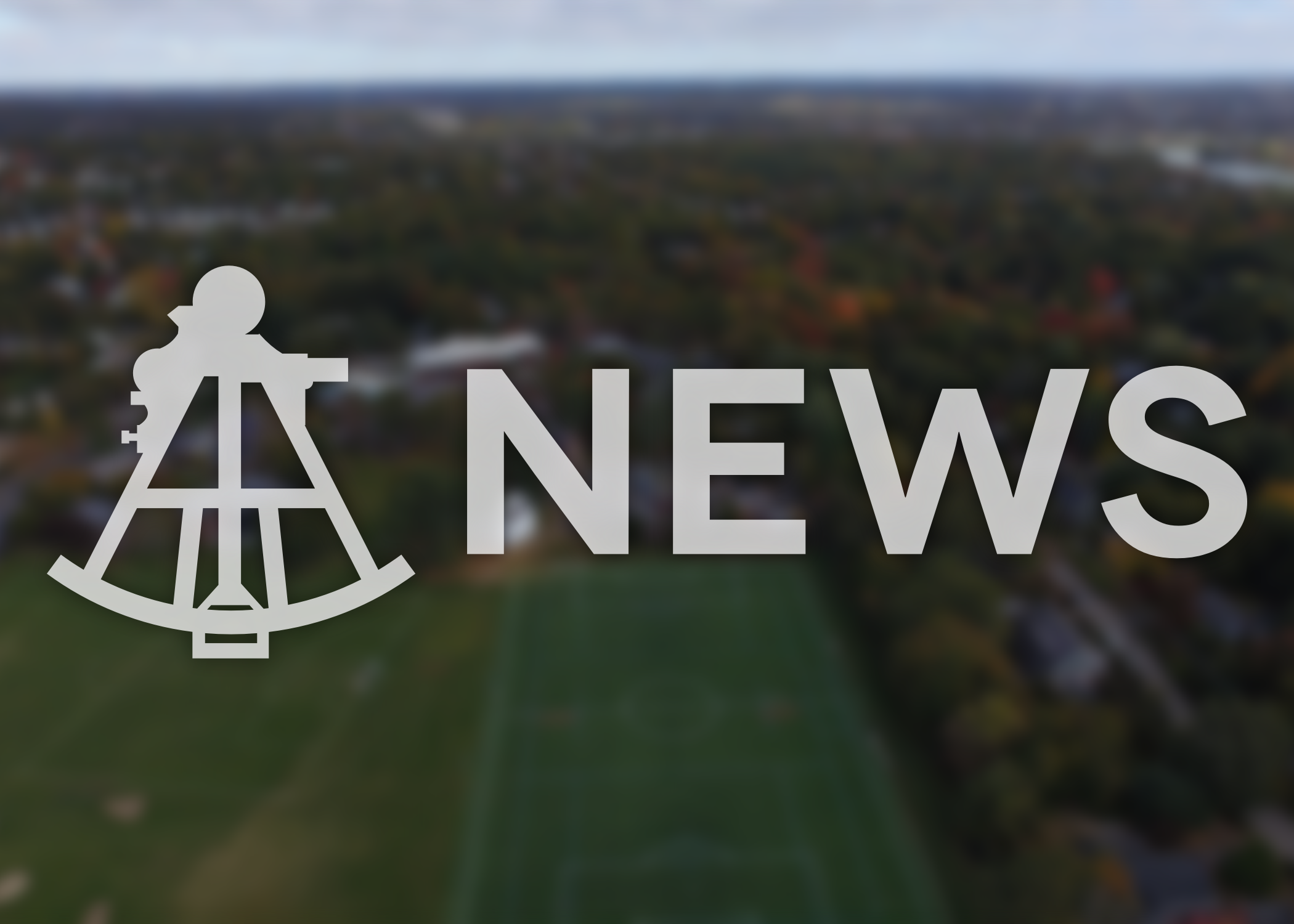“Right now, the Middle East could not be more present in our lives,” opened Matt Trevithick, a writer, researcher, and author specializing in the region. “It’s certainly been an odd place to call home.”
“I’ve spent time in places that ten years ago went from quiet and sleepy to completely destroyed,” he detailed to the school. Just three months ago, Mr. Trevithick was one of five Americans released from Iranian prison. A Hingham native and 2008 graduate of Boston University with a degree in International Relations (and the recipient of BU’s 2014 Young Alumni Award), he has worked at the American University of Iraq and the American University of Afghanistan, speaking fluent Farsi and Dari along with conversational Russian and Arabic. Mr. Trevithick, a former rower at BU and silver medalist at the Head Of The Charles, launched and coached the first Iraqi and Afghanistan national crew teams, proof of his commitment to fostering strong relations with Middle Eastern countries. He traveled to Tehran in September for four months of intensive Farsi study. Due to strained nuclear relations between Iran and the U.S., he realized that foreign students were in danger and was detained on his way to buy a plane ticket home. Mr. Trevithick spent 41 days in Iran’s most notorious prison, including 29 of those in solitary confinement, and was recently released in a prisoner swap between the two countries. Now, he has returned to speak about the Middle East and U.S. relations. “I’ve learned most about the United States and us, and how we work to influence the course of events in countries we’ve attacked or supported.”
Mr. Trevithick presented three ideas to how America can invest in a meaningful relationship with the countries it is working alongside. “The road we’ve been on since 2001 is littered with the debris of the mistakes we’ve made,” he stated. He believes that the US has an insufficient understanding of the places they are working in. “There’s a common notion that if we all understood each other, there would be no war,” he said. “Sadly, I don’t believe that’s true.” Despite the fact that more than 40 countries have sent troops or military advisors to Afghanistan since 2001, the foreign help in the Middle East has been inefficient. Mr. Trevithick criticized the flimsy policies designed in the US; they break down almost immediately, as they do not translate to the field of engagement.
His second point noted that the US has an interest in arriving as a “clean slate,” where scholars and diplomats do not research the region prior to arriving in order to enter with an unbiased opinion. This is a huge mistake, according to Mr. Trevithick. He noted that a friend followed this costly advice and said that it was like “getting mugged by reality” once he arrived. Trevithick advised that it was important to break the language barrier and learn the local dialect, sharing a story of a Russian embassy worker he met who fluently spoke four languages, which allowed him to easily manage the diverse array of people. By contrast, no one at the US embassy in Afghanistan spoke “more than two words of the local language”.
Lastly, Mr. Trevithick advocated for longer stays of diplomats and advisors, noting the incredibly short tours of Americans in foreign embassies. “We haven’t been fighting one fifteen-year war in Afghanistan,” he stated. “We’ve been fighting fifteen one-year wars.” The one-year tours of Americans and other advisors are ineffective, and that we should invest more time into creating meaningful relationships instead of rotating on a one-year schedule.
To close, Mr. Trevithick offered three pieces of advice for students to maximize their impact as global citizens. First, learn a language: “pick one and own it.” Second, read Dr. Seuss’ Oh, the Places You’ll Go!, as “it’s one of the best books on how to start an adventure,” he said with a laugh. Finally, he recommended that we go there and advocated to break out of one’s comfort zone and experience another culture.
“Get out there, because the world is waiting for you.”





